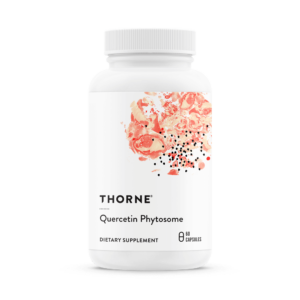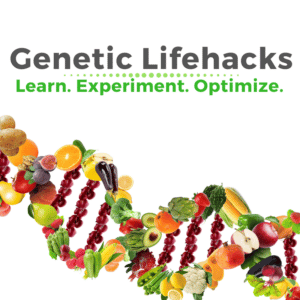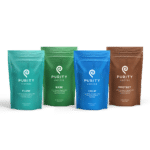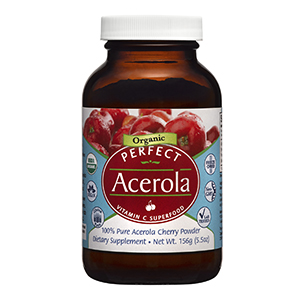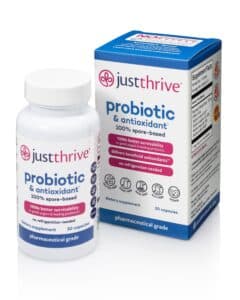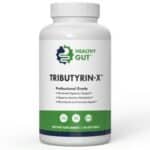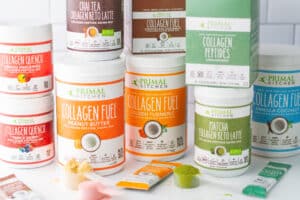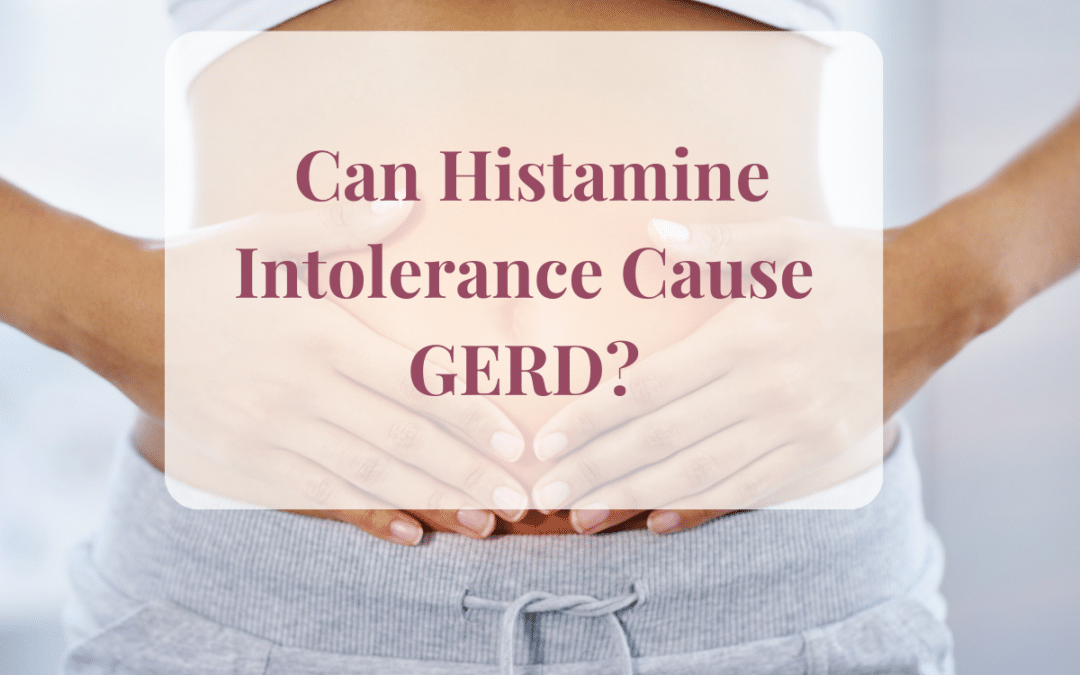
Is Histamine Intolerance Causing Your GERD?
Have you been trying to get rid of GERD or heartburn following all of the usual advice – elimination diets, drinking apple cider vinegar and nothing seems to work? Using over the counter medications?
Maybe there is another reason we get GERD that has very little to do with making too much stomach acid – the usual noted cause of GERD.
Over the holidays, I began to suffer from GERD keeping me up at night and of course, I blamed it on what I was eating and drinking. Could there be something else going on?
GERD or gastroesophageal reflux disorder is a really a disruption of the normal hormones of our digestive system that regulates the production of stomach acid, digestive enzymes, and flow of stomach contents. Phew!
Hormones that are released from the hypothalamus (brain) signals the release of hydrochloric acid (HCL) and gastrin as soon as we smell, taste, see or even the thought of food occurs. Enzymes to break down protein in our food are also released at this time.
Without HCL and these enzymes, proteins are not completely broken down and that leads to a myriad of side effects including the lack of absorption of vitamin B12, dysbiosis, SIBO and for some chronic fatigue.
In the second phase of digestion, hormones are released that reduce the acidity and instruct the release of the stomach content into the small intestine.
If there is a reduction of these hormones, the content of the stomach just sits there. Eventually, it can back up and force relaxation of the esophagus – leading to the feeling of heartburn, coughing, pain and even ulcers.
This signally process can also be disrupted if the stomach content pH is too high or other words not acidic enough. The acid level of our stomach content is what signals the gut to move forward with the release bicarbonate to make stomach content more alkaline and safer to enter the small intestine.
The continued use of antacids will slow down the whole digestion process
What causes the disruption of these digestive hormones?
- Standard American Diet – High in sugar, unhealthy fats, processed food, commercially raised meats and low in healthy vegetables and fruits.
- Medications – Asthma Medications, Calcium Channel Blockers (Blood Pressure Meds), Birth Control, Sleeping Meds, Anti-depressants
- Antibiotic Use – This leads to dysbiosis and eventually can promote GERD. This especially true with the chronic use of antibiotics.
- Gut Flora Imbalances or Dysbiosis – Most people who suffer from GERD also suffer from IBS (constipation and diarrhea), SIBO, and leaky gut.
- Estrogen Imbalance – Estrogen dominance which can occur even with post-menopausal women, has been found to be a factor in GERD.
- Chronic Stress – The release of digestive hormones can be disrupted when we are under chronic stress.
- Histamine Intolerance – A food intolerance that lead to increased stomach acid production.
Most medications like Prilosec, Zantac, and even Tums can be even more disruptive overtime on this hormonal balance and lead to the very cause of GERD – IBS, and dysbiosis.

How Does Histamine Intolerance Make GERD Worse?
When we think of histamine, we think of antihistamines that we reach for allergies or allergic reactions. Histamine has many other functions in our bodies, one of which is the regulation and release of gastric acid.
Not only is histamine produced in our bodies, but some foods are also very high in histamine. Usually, the body manages histamine levels by degrading histamine and eliminating it. But if histamine levels become too high, we may experience symptoms like acid reflux and acid indigestion.
Histamine intolerance is a food intolerance where we develop an intolerance to foods high in histamine because the process of degrading and blocking histamine from food becomes disrupted.
Some common foods known to cause heartburn, like tomatoes, are also high in histamine. See my list of common foods high in histamine. If you are experiencing acid reflux and indigestion, you may want to see if it is from foods high in histamine by using a my food/symptom journal.
As a matter of fact, over-the-counter medications referred to as H2 blockers like Zantac block histamine from signaling the production of stomach acid. It is not uncommon for me to recommend H2 blockers for my client struggling with histamine intolerance to get relief while we uncover the underlying cause of their histamine intolerances.
How to Prevent GERD or Acid Reflux?
There are some simply lifestyle tips that can help you prevent getting acid reflux. Most of these also help to promote healthy digestion.
- Avoid large meals
- Finish eating 3 hours prior to bed
- Eat slowly; chew thoroughly
- Ensure adequate, quality sleep
- Raise the head of the bed 6-8 inches
In addition to these tips, try to avoid foods that are known to cause heartburn and acid reflux because either weaken the esophageal sphincter or irritate the esophageal:
- Fats – even healthy fats, i.e. olive oil
- Chocolate
- Coffee
- Mints especially peppermint and spearmint
- Sugar
- Alcohol
- Onions
- Food sensitivities and intolerances, i.e. histamine
Medications, cigarettes, and over the counter drugs can also lead to acid reflux. Here is my list of foods and medications that can promote acid reflux.
Are there natural or herbal remedies that can help reduce and prevent GERD?
Herbals Recommendations – Ginger, Aloe Vera, Turmeric and DGL Licorice. I often recommend a product by Designs for Health – GastroMend works great for those struggle with GERD and for those trying to get off of GERD medications.
Digestive Enzymes –If you are struggling with GERD and acid reflux, then start with a digestive enzyme product that does not promote HCL production like, Similase for sensitive stomach from Integrative Therapeutics.
Get my Fullscript Healthy Digestion Guide Today and Get 15% off! You will need to sign up for my Fullscript account to access my guide and get your discount.
Struggling with Chronic GERD?
If you struggle with chronic GERD, acid reflux, and indigestion, it might be time to get down the underlying cause and get off of OTC medications. My Healthy Gut Solutions guides and coaches you through how to finally resolve your digestion conditions using a holistic approach.
Sometimes are digestion symptoms are simply a process of resolving food sensitivities and intolerances like histamine intolerance. Other times, the solution may be more complicated, like addressing H. pylori overgrowth to microbiome imbalances.
Want to learn more about my programs? Book a Discovery Chat today.


